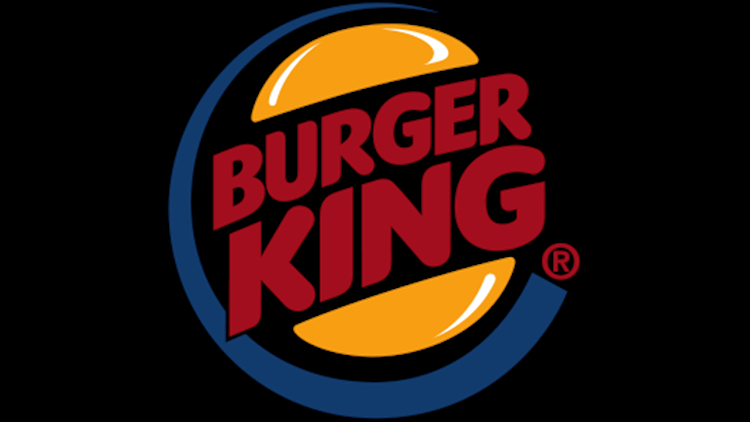Burger King has cooked up a big backlash from fans after the fast-food chain’s announcement to move to Canada to avoid U.S. taxes.
On Monday, Burger King’s Facebook page was flooded with posts threatening a boycott after the company announced plans to merge with Canadian coffee and doughnut chain Tim Hortons. The combined company would be headquartered in Canada.
Burger King is just one of several U.S. companies to engage in what’s called tax inversion- where a company buys a smaller foreign firm in a country with a lower tax rate, renounces its corporate citizenship and then reincorporates in the other nation.
For Burger King, it all comes down to the bottom line. The corporate tax rate in the U.S. is 35 percent, the highest in the world. Canada’s is about 15 percent.
NEW YORK (CNNMoney) — Burger King announced that it has reached a deal to buy Canadian doughnut chain Tim Hortons and base itself in Canada, a controversial transaction that might cut its U.S. tax bill.
The deal could be the latest example of a U.S. company buying a foreign company in order to move its legal home to that of the company it is acquiring, thus allowing it to pay corporate taxes at a lower rate.
Burger King was quick to point out that Canada is where it will have the most outlets once the deal is complete.
But Burger King’s announcement does not mention any tax implications of its purchase of Tim Hortons.
Burger King has arranged for $12.5 billion in financing to complete the deal, with $3 billion of that coming from Warren Buffett’s Berkshire Hathaway. Berkshire is only providing financing and will have no management role in the combined company.
Public backlash: Mergers with foreign companies aimed at lowering U.S. tax bills — a known as “inversions” — have been controversial this year.
Several lawmakers have proposed banning the practice of inversion, and President Obama has denounced the tactic.
At least one other company that bought a foreign rival, drugstore chain Walgreens, will continue to pay corporate taxes as a U.S. company despite its deal to buy European drug store chain Alliance Boots.
Walgreens said it had considered shifting its tax home, but decided the move would not be approved by the Internal Revenue Service. It was also concerned about customer backlash.
On Burger King’s Facebook page, there already were calls for consumer boycotts, with thousands of supporters, early Tuesday following the announcement.
“If you attempt to buy Tim Hortons for the purposes of evading US Taxes, I will NEVER step foot in another Burger King again,” wrote Gabe Givens, whose Facebook page describes him as a self-employed computer technician.
Another post urged legislation to ban Burger King and other companies that use inversions from U.S. military bases and other government properties.
Top inversion deals: Despite the risk of backlash, several other companies have decided to use mergers to shift their tax home outside of the United States.
Medical device maker Medtronic has announced plans to buy rival Covidien, which is based in Ireland where the tax rate is 12.5%. Chicago drugmaker AbbVie announced a deal with the British company Shire that will slash its effective tax rate in half to 13%. And U.S. drugmaker Pfizer tried to buy British pharmaceutical maker AstraZeneca, but was rebuffed in that effort.
The-CNN-Wire
™ & © 2014 Cable News Network, Inc., a Time Warner Company. All rights reserved.



